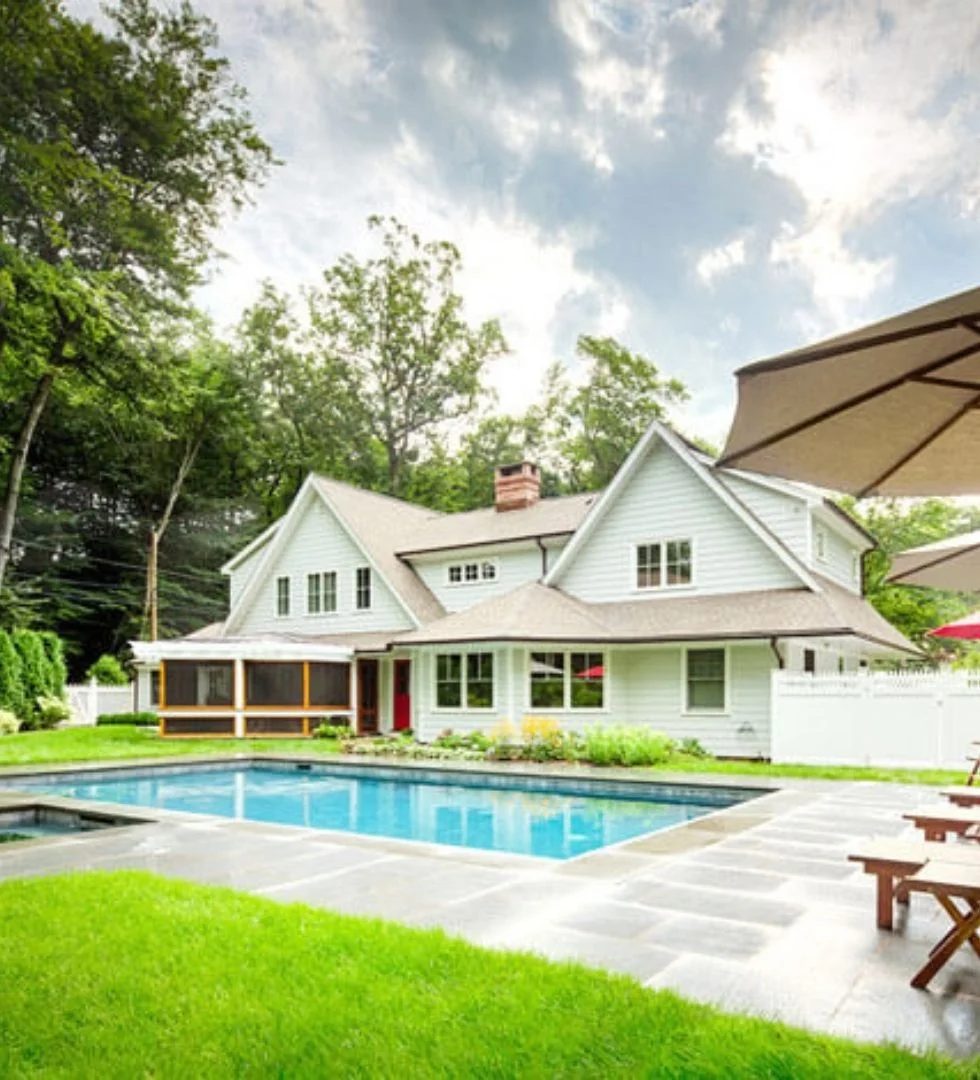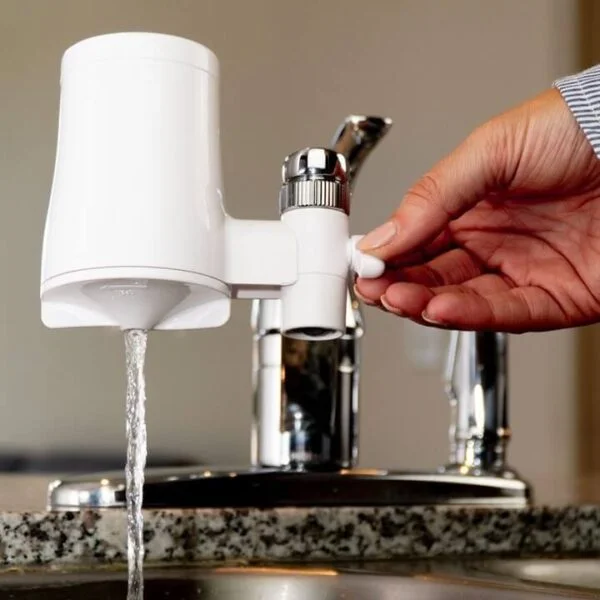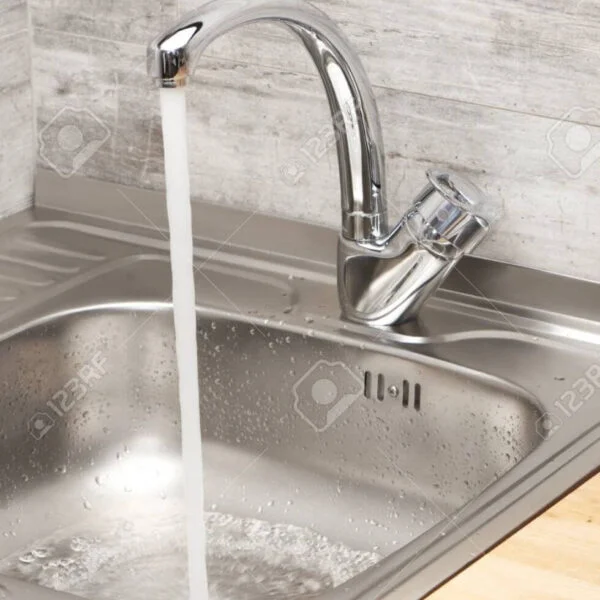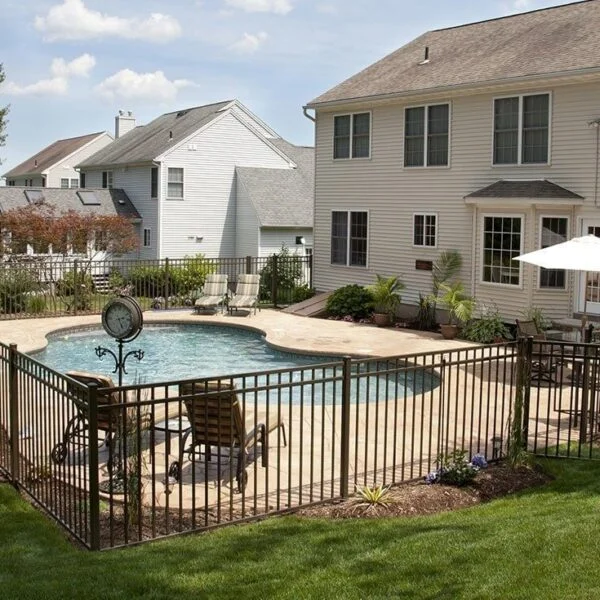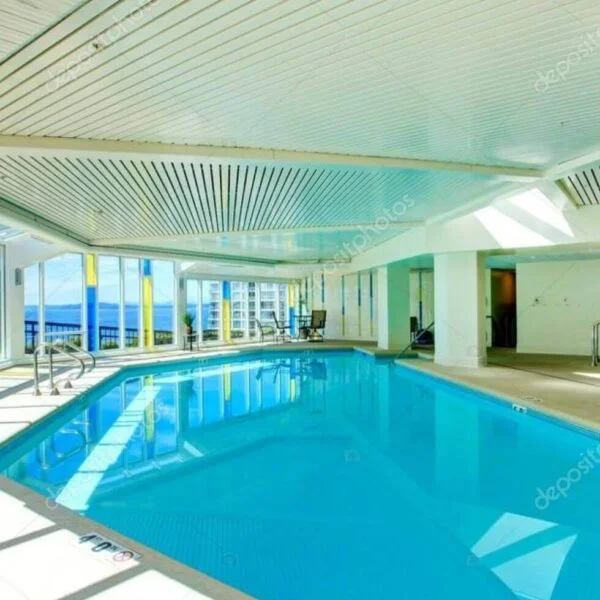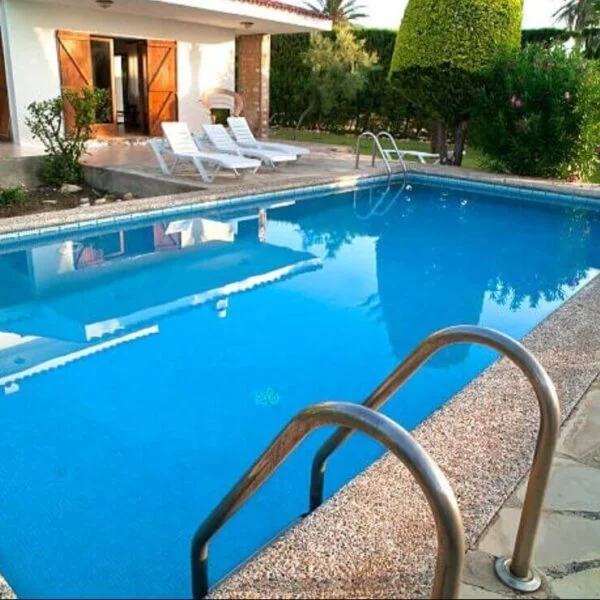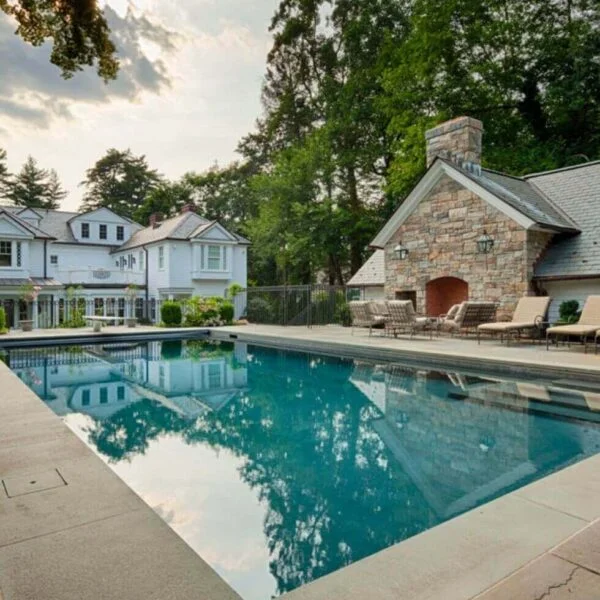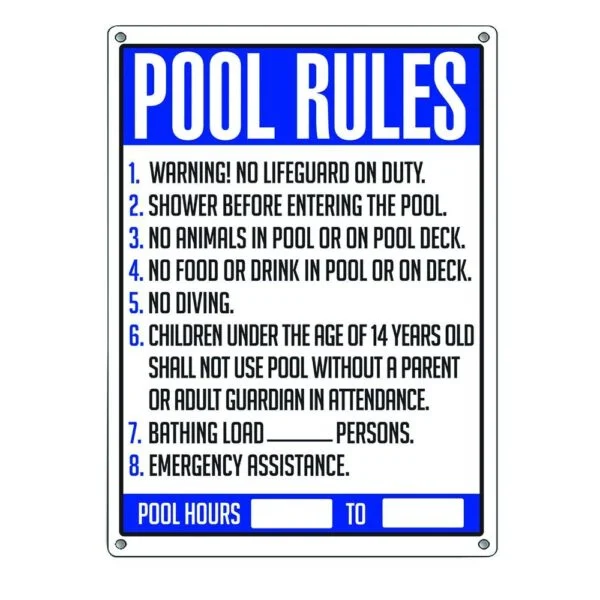If you own a home in Massachusetts and wish to build a swimming pool, then you must have to follow the Massachusetts residential swimming pool regulations explained below.
Table of Contents
Massachusetts Residential Swimming Pool Regulations
Massachusetts residential swimming pool regulations and laws:
- To construct a residential swimming pool in Massachusetts, you need to first get a permit.
- If the permit is approved and signed, you are expected to pay a $75 permit fee for a pool of 15,000 gallons and under, and a $200 permit fee for pools over 15,000 gallons.
- Once the permit is approved, a copy of the permit and permit application will be sent to the Building Department. Please contact them (508) 647-6450), for more information regarding all additional permitting and review processes.
- When constructing a residential swimming pool in Massachusetts, the Board of Health must be notified and ensure that all requirements of the pool are completed.
- The swimming pool shall not be filled with water until a satisfactory inspection is completed by the department of the Board of Health. Also, it should not be filled with water until an adequate, permanent enclosure is in place, inspected, and approved by the Board of Health.
- Swimming pools in Massachusetts must have a permanent fence of chain link, stockade, or equivalent, constructed no more than 30 days after the pool is installed
- The swimming pool fence should be a minimum of four feet in height.
- The swimming pool fence should have no openings greater than 3 inches from top to bottom except the gate.
- All fencing is subject to building department Approval.
- All gates attached to the swimming pool fence must be self-closing. This means that the pool should have a fence that closes by itself anytime you open it.
- All the gates attached to the swimming pool fence must be self-latching and provided with a locking device.
- The swimming pool gate must be locked at all times when the pool is not in use. This is to avoid a toddler from crawling inside the pool when no one is around. Something like this happened to D’Banj, a Nigerian popular artist. This was exactly how he lost his first child. You can google it with “D’Banj Son Killed by Pool” for more information.
- If the construction of the pool requires partial filling to settle vinyl lining or other surface materials, a temporary access fence is required which should be made of sturdy wire that stands upright and is tightly secured to poles.
- The swimming pool shall be located on a certified plot plan.
- The pool must be a minimum of 10 feet from side and rear lot lines, and a minimum of 20 feet from any component of a private septic system.
- All materials used when constructing the swimming pool in Massachuttes must be durable, waterproof, easily cleanable, designed, and installed according to its intended use.
- The swimming pool sides and bottoms shall be smooth and free from cracks or open joints to avoid injuring someone. Imagine having a cut just because there is an opening in the pool. Please take note of this.
- For above ground pool, a sturdy, permanent 2 foot-extended fence should be installed at the top of the pool with a locking fold-up ladder. Ladders must be locked in a fold-up position at all times the pool is not in use.
- The swimming pool filters and pumps must have the capacity and horsepower to re-circulate the entire contents of the pool in 8 hours or less.
- A sump shall be provided to receive swimming pool filter backwash water. The sump must have a minimum depth of 3 feet and a minimum inside diameter of 2 feet.
- The pH of the waters in the swimming pool should be maintained between 7.2 – 7.8. The free chlorine should be maintained between 1.0 – 3.0 ppm, the total chlorine in the water should be maintained between 0.0 – 0.2 ppm, while the total alkalinity should be maintained between 50 – 150 ppm.
- If all permits have been obtained and the building of the pool and the pool fence is completed, a final inspection must be performed by an electrical inspector, building inspector, and a Board of Health Agent. Please take note of this.
- The Massachusetts residential regulations also indicate that the swimming pool shall be installed by a company or a person who has been approved by and has obtained a swimming pool installer’s license from the Board of Health.
Installing a swimming pool is not a DIY thing. It should be done by someone or a company that is licensed to do so. Please take note. If you are in South Carolina, you can check out the swimming pool regulations in South Carolina.
DISCLAIMER: We are no legal advisor and this is not an official document. Remember that these regulations are subject to change. The only way to find out is by contacting the appropriate authority in your area for more information.
Also, if the city you live in Massachusetts has more updated residential swimming pool regulations, you are advised to follow the city rules. This is because the city rules are still in conformity with the State of Massachusetts residential swimming pool regulations.
How Close Can a Pool Be to a House in Massachusetts?
A residential pool in Massachusetts is to be a minimum of fifteen (15) feet from a street property line, ten (10) feet from a side property line, and ten (10) feet from a rear property line.
If you are confused about the numbers, you can contact any licensed swimming pool contractor and have them explain it to you. Again, it is better to inquire from the Board of Health or from any licensed swimming pool contractors in your area to be on a safer side. They are in the best position to let you know the current rules and codes.
Do You Need a Permit For An Above Ground Pool in Massachusetts?
You need a permit to build an above-ground pool in Massachusetts. Present a clear plan of the swimming pool to the Board of Health. Once approved, you are to pay a $75 permit fee for a 15,000 gallons pool and below, and a $200 permit fee for swimming pools over 15,000 gallons.
How High Does a Pool Fence Need to be in Massachusetts?
All swimming pools in Massachusetts must have a fence that is a minimum of four feet high with no openings greater than 3 inches from top to bottom except the gate. The fence must also have a gate that is self-closing with a self-latching device.
Final Thoughts
The reasons for the Massachusetts residential swimming pool regulations are to ensure your safety, the safety of your household, and the safety of anyone that will be using the pool. It is better to follow these rules than to go against them because if peradventure an issue occurred, and it happened you failed to follow these regulations and codes, you will be punished.

